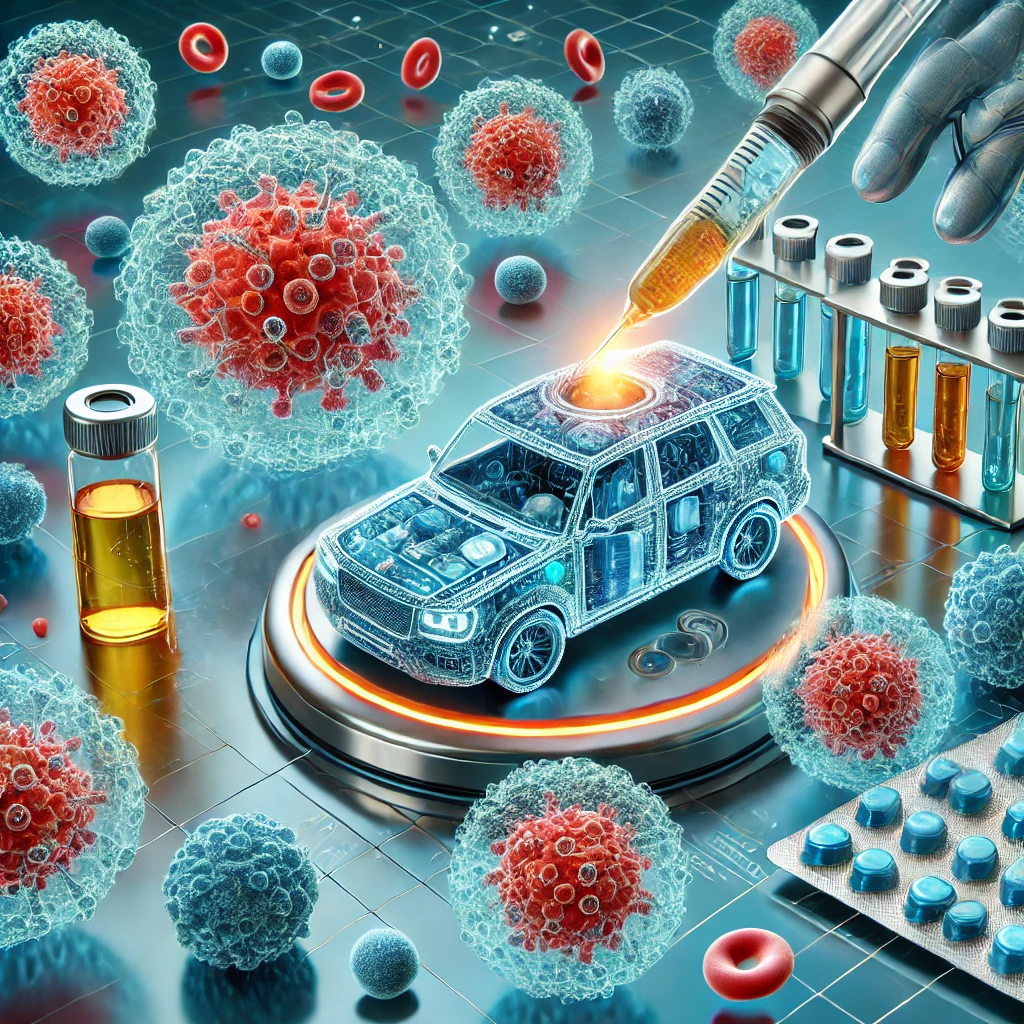Chimeric Antigen Receptor (CAR) T-cell therapy is already making a significant impact in treating various blood cancers, including multiple myeloma. Currently, two CAR T-cell therapies are approved by the U.S. Food and Drug Administration (FDA) for myeloma patients.
In March 2021, Abecma® (idecabtagene vicleucel, or “ide-cel”) became the first FDA-approved CAR T-cell therapy for myeloma. It specifically targets the B-cell maturation antigen (BCMA), a protein involved in the growth and survival of myeloma cells. Abecma is approved for adults with relapsed or refractory myeloma after at least four prior lines of therapy, including an immunomodulatory agent, a proteasome inhibitor, and an anti-CD38 monoclonal antibody.
In February 2022, the FDA approved Carvykti® (ciltacabtagene autoleucel, or “cilta-cel”), also for patients with relapsed or refractory myeloma after at least four prior lines of therapy, including a proteasome inhibitor, an immunomodulatory agent, and an anti-CD38 monoclonal antibody.
CAR T-cell therapy is a form of immunotherapy that enhances the body’s immune system, specifically designed to destroy infected or cancerous cells. The process involves collecting a patient’s own T cells, engineering them to recognize and attack myeloma cells, and then infusing them back into the patient. Once infused, the engineered T cells target and destroy the myeloma cells. The response rates for CAR T-cell therapies have been remarkable, with some studies showing nearly 100% response rates in heavily pretreated patients, with many responses lasting for years.
However, both Abecma and Carvykti are currently approved for use in patients who have undergone four or more prior lines of treatment. This may change soon. Two large clinical trials—one with Abecma and one with Carvykti—are investigating the use of CAR T-cell therapy in earlier stages of treatment, including newly diagnosed myeloma patients.
The KarMMa-3 clinical trial is evaluating Abecma in patients with two to four prior lines of therapy, comparing it to one of five standard-of-care (SOC) regimens for relapsed myeloma:
- Darzalex® (daratumumab) + Pomalyst® (pomalidomide) + dexamethasone (DPd),
- Darzalex + Velcade® (bortezomib) + dexamethasone (DVd),
- Ninlaro® (ixazomib) + Revlimid® (lenalidomide) + dexamethasone (IRd),
- Kyprolis® (carfilzomib) + dexamethasone (Kd), or
- Empliciti® (elotuzumab) + Pomalyst + dexamethasone (EPd).
With over 18 months of follow-up, the Abecma trial showed a median progression-free survival (PFS) of 13.3 months, compared to 4.4 months in the SOC arm. The response rate was also significantly higher—71% vs. 42%, respectively—demonstrating the remarkable efficacy of CAR T-cell therapy.
In the CARTITUDE-4 clinical trial of Carvykti, patients with one to three prior lines of therapy were compared to those receiving SOC regimens (DPd and DVd). After approximately 16 months of follow-up, the SOC arm had a PFS of 11.8 months, while the Carvykti arm’s PFS had not yet been reached, showing a striking difference. The response rate for Carvykti was 85%, compared to 63% for the SOC arm.
In both trials, earlier use of CAR T-cell therapy resulted in fewer side effects, including lower rates of cytokine release syndrome (CRS), neurological toxicity, and low blood counts. This supports the idea that novel therapies are more effective and safer when used earlier in the disease course, possibly due to healthier T cells in earlier-stage patients.
So, what does this mean for myeloma patients? These impressive results suggest that FDA approval for earlier use of CAR T-cell therapy may be on the horizon. However, many patients still face challenges accessing CAR T-cell therapy, including production limitations, limited slots at treatment centers, and disparities related to race, ethnicity, socio-economic status, and geography.
Fortunately, as production ramps up and more treatment centers offer CAR T-cell therapy, access is expected to improve. The promising results from the KarMMa-3 and CARTITUDE-4 trials are exciting, and there is even ongoing research comparing CAR T-cell therapy to autologous stem cell transplants in newly diagnosed patients. We may soon see CAR T-cell therapy used much earlier in the treatment journey, bringing this innovative approach home sooner for myeloma patients.



